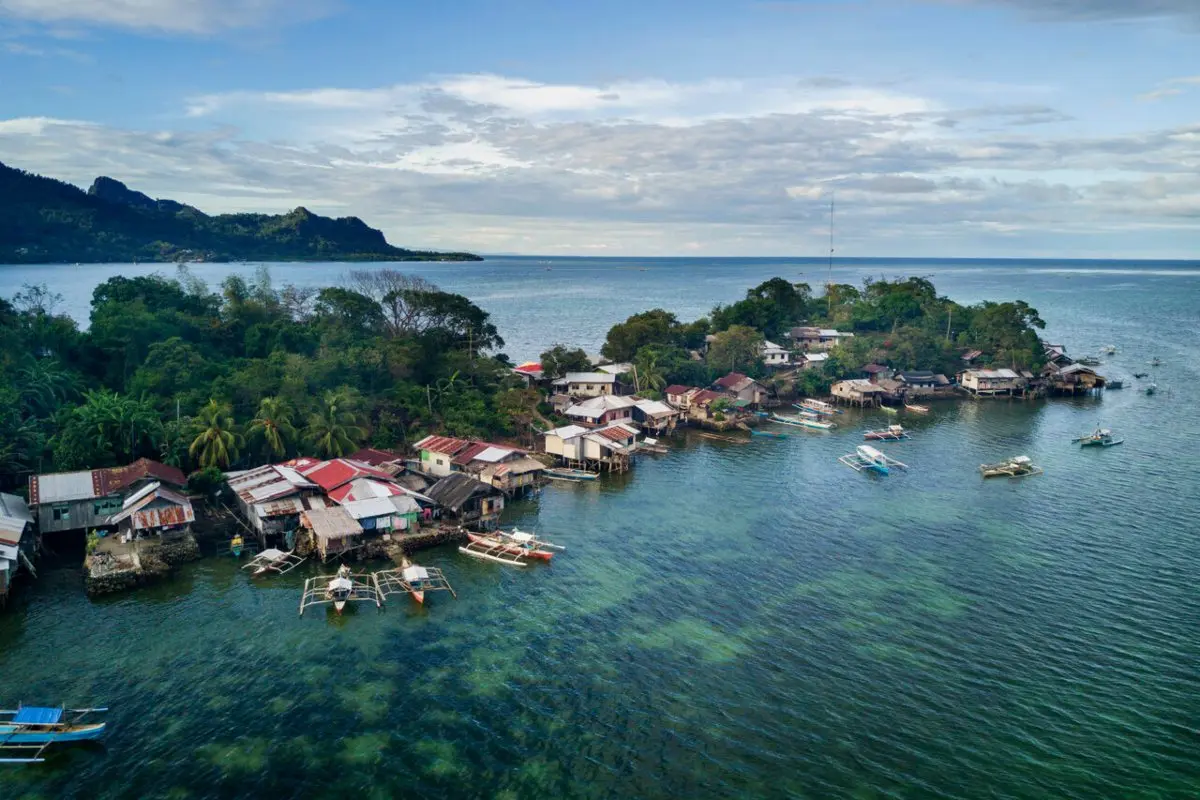
Do you want to access to this and other private contents?
Log in if you are a subscriber or click here to request service
China, the Silk Road also points to small island states
With the FAO, $5 million to support agri-food systems. In strategic territories

The Food and Agriculture Organization of the United Nations (FAO) has launched a new $5 million project supported by the FAO-China South-South Cooperation (SSC) program to help small island developing states (Sids) to strengthen their capabilities and face common development challenges. The reference is to countries of the Caribbean archipelago (Cuba, Haiti, Dominican Republic), of the Indian Ocean...
lml - 30898
EFA News - European Food Agency
◄ Previous page
EFA News - European Food Agency